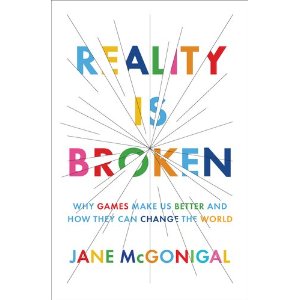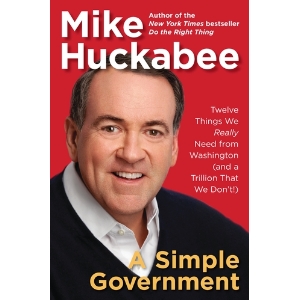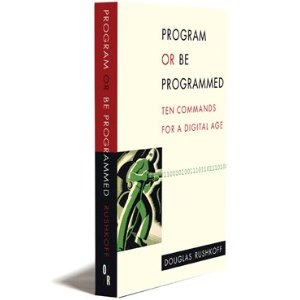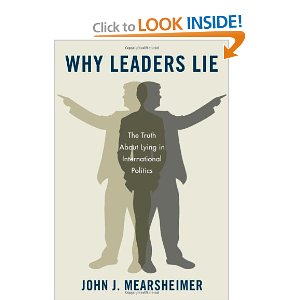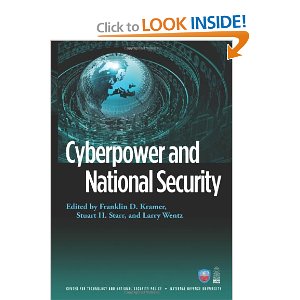
Daniel Yankelovich (Editor), Will Friedman (Editor)
![]() Good Mainstream View, Not Enough, Out of Touch With Alternative Models
Good Mainstream View, Not Enough, Out of Touch With Alternative Models
February 28, 2011
I have spent eleven years being mentored on the topic of public co-intelligence and citizen wisdom by Tom Atlee, author of The Tao of Democracy: Using co-intelligence to create a world that works for all and Reflections on Evolutionary Activism: Essays, poems and prayers from an emerging field of sacred social change; by Jim Rough, author of Society's Breakthrough!: Releasing Essential Wisdom and Virtue in All the People; by Peggy Holman, author of The Change Handbook: The Definitive Resource on Today's Best Methods for Engaging Whole Systems and the more recent Engaging Emergence: Turning Upheaval into Opportunity; and many others whose works I have reviewed here at Amazon, with a special nod toward Harrison Owen, with whom I lunch regularly to keep my sanity, he is the author of a number of books, including Open Space Technology: A User's Guide and more recently, Wave Rider: Leadership for High Performance in a Self-Organizing World.
It is in that context that I recommend this book as a superb example of mainstream thinking, while also respectfully observing that this approach is both inadequate, and out of touch with the alternative Epoch B bottom-up models that have been proven not only recently, but centuries ago within indigenous societies, as documented by, among others, Charles Mann in 1491: New Revelations of the Americas Before Columbus.
For this review, I decided to consult my mentors, and with their permission, offer two of their comments as a collective review–wisdom of the very crowds the authors of this book think they can help be wiser.

